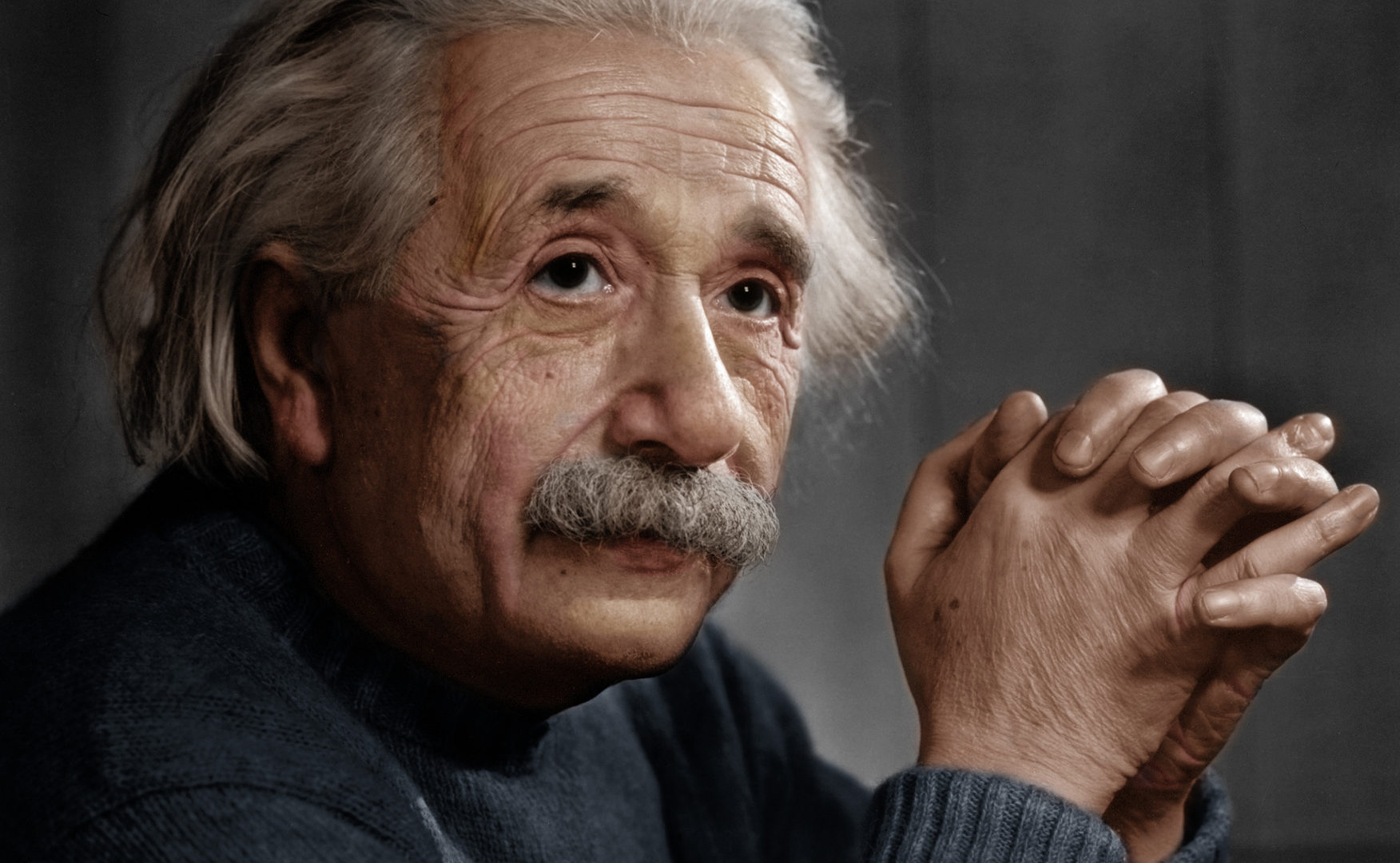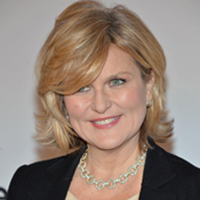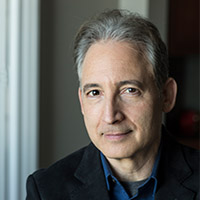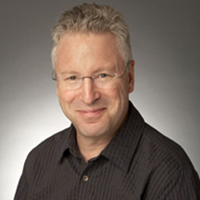What made Albert Einstein one of the greatest scientific minds the world has ever known? From the basics (figuring out why the sky is blue) to the revolutionary (creating the general and special theories of relativity), his scientific breakthroughs fundamentally changed the way we understand the universe and everything in it.
The World Science Festival, in partnership with the 92nd Street Y’s 7 Days of Genius Festival, presents an in-depth look at the genius of Einstein. Join physicist Brian Greene, neurologist Frederick Lepore, and author/filmmaker Thomas Levenson for a lively and informative conversation on the science, the brain, and the life of one of history’s most fascinating men.
In partnership with 92nd Street Y’s 7 Days of Genius Festival















